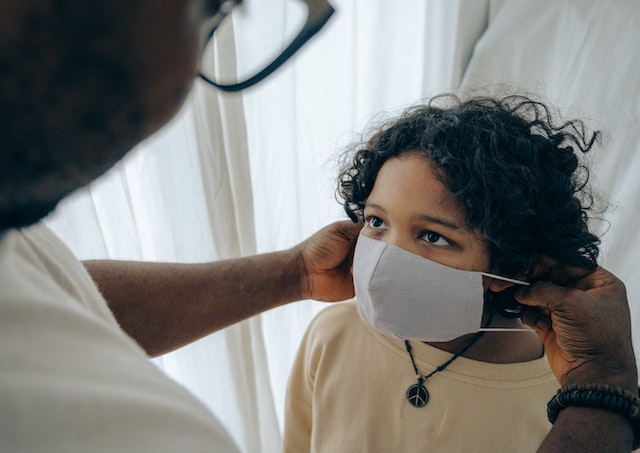Introduction:
Bullying is a serious concern that can have long-lasting effects on a child’s physical
and mental well-being.
As a parent, it is natural to be worried about your child’s safety and happiness.
Thankfully, there are effective strategies you can employ to protect your kid from bullying.
In this article, we will explore practical tips and techniques to create a safe and supportive
environment for your child, using the keywords “protect my kid from bullying” to optimize the
content for search engines.
Build Open Communication Channels:
Establishing open lines of communication with your child is crucial.
Encourage them to share their feelings, experiences, and concerns without judgment.
Listen actively and validate their emotions.
By creating a safe space for dialogue, your child will be more likely to confide in you if
they encounter bullying.
Teach Empathy and Kindness:
Educate your child about the importance of empathy and kindness towards others.
Encourage them to understand different perspectives and appreciate diversity.
By fostering empathy, you help your child develop a sense of compassion and respect
for others, reducing the likelihood of them becoming a bully or being targeted.
Boost Self-Confidence:
Bullies often target children with low self-esteem.
Help your child build confidence by recognizing and praising their strengths and achievements.
Encourage them to participate in activities they enjoy and excel at.
A confident child is less likely to become a target for bullies.
Teach Assertiveness Skills:
Equipping your child with assertiveness skills can empower them to handle bullying situations effectively.
Teach them to use firm and respectful communication when standing up for themselves.
Encourage them to maintain eye contact, speak in a confident tone, and seek help from trusted adults if needed.
Encourage Healthy Friendships:
Encourage your child to develop friendships with peers who share similar values and interests.
These healthy relationships can provide a support system and reduce the chances of isolation.
Teach your child the importance of surrounding themselves with positive influences.
Stay Informed and Educated:
Stay informed about your child’s school policies on bullying and understand the
procedures in place to address such issues.
Attend workshops or seminars on bullying prevention to enhance your knowledge
and discover additional strategies to protect your child effectively.
Collaborate with Educators:
Maintain an open and supportive relationship with your child’s teachers and school staff.
Regularly communicate with them to ensure they are aware of any concerns or incidents
involving your child.
Collaborating with educators can foster a team effort in creating a safe and inclusive school environment.
Monitor Online Activities:
As bullying extends into the digital realm, monitor your child’s online activities and guide
them on responsible internet use.
Educate them about the importance of privacy settings, avoiding sharing personal
information, and the significance of reporting cyberbullying incidents.
Foster Resilience:
Teach your child resilience by encouraging them to develop problem-solving skills and
a positive mindset.
Help them understand that setbacks and challenges are a part of life, and they have
the strength to overcome them. Resilient children are better equipped to handle bullying situations effectively.
Conclusion:
Protecting your child from bullying requires a multifaceted approach that focuses on open
communication, empathy, confidence building, assertiveness, healthy friendships, education,
and collaboration with educators.
By implementing these strategies, you create a supportive environment that minimizes the
risk of bullying and promotes your child’s overall well-being.
Remember, an engaged and proactive approach is key to safeguarding your child from the negative impacts of bullying.
![]()






